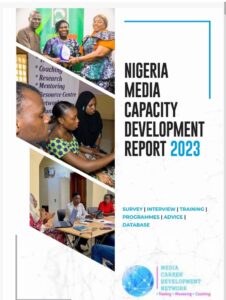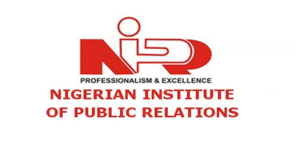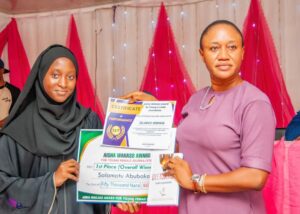A brief overview of reports about artificial intelligence (AI) in Nigerian newspapers reveals a sense of optimism and highlights the numerous capabilities AI offers in solving various national issues. From the economy to agriculture, and security to education, headlines frequently emphasize how AI can address inherent problems or revolutionize entire sectors.
Aside from expert views reported from events or cited in opinion pieces, announcements are the next most common type of AI reportage in Nigeria. These include government sectors adopting AI in their work, new AI tools or models being released, private companies investing in AI development, and numerous optimistic stories showcasing the potential and success of AI.
This type of reportage is crucial for public education and fostering a mindset change toward AI adoption. It has already resulted in increased public knowledge about AI as the next big thing and a rise in its adoption across various sectors.
However, is this the only side of the AI story to be told? What else should be known about this revolutionary innovation? Is AI impeccable, without any shortcomings for people to watch out for or guard against? What gaps currently exist in the AI sector? What opportunities can individuals tap into? What local efforts are underway to produce homegrown artificial intelligence?
How well is the media reporting on this? How balanced is the Nigerian media’s coverage of AI?
Let’s take a cue from other countries to see what else can be reported about AI. Investigations and reports in other regions have highlighted the shortcomings of AI models, such as issues of intellectual property, inherent biases, and threats to data privacy and digital security.
Ethical concerns around transparency in building, the capacity and risks of built models, and the uses of AI tools are also being reported. The responsibility and inclusiveness in the engineering of these models, and the diversity of hands involved in building these tools to ensure equity and social development goals in their eventual use, need to be highlighted.
There are also issues around the sources of hardware materials required to produce the supercomputing infrastructure needed to power AI innovations. The impacts of increased demand for these hardware materials on the climate and the global workforce, especially in the primary level of raw material production, are significant. Interestingly, many of the minerals used in producing these hardware materials are found on our continent.
AI is often seen as a single entity by many people. Reporting on the competition in the industry and spotlighting new and different voices and players helps provide a balanced view of the sector. There are movements advocating for the regulation of AI innovations, while others oppose its use in certain areas like policing, welfare, and health, which have direct consequences on people. These voices also need to feature in media reportage.
This approach will help provide an objective, in-depth, and balanced understanding of AI to the audience, who make daily decisions based on the information obtained from media content.






